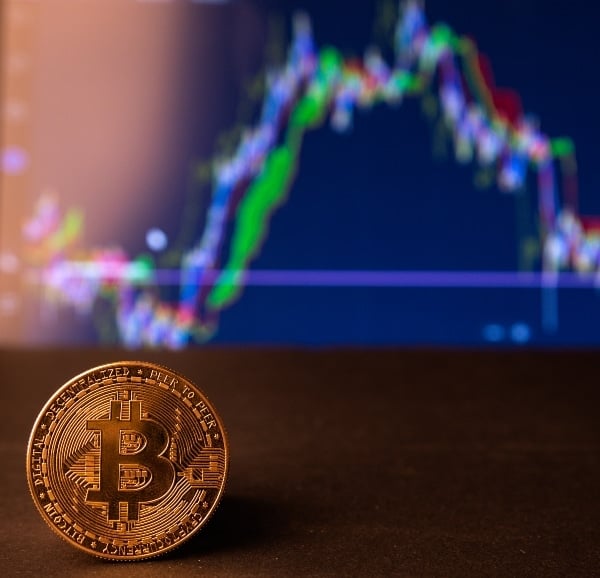The decline of Bitcoin’s price began around mid-November last year. After surpassing $69,000 on 10 November 2021, over the course of the next few months it collapsed to $17,500 on 18 June 2022.
Bitcoin: correction or further decline?

Hence, it has been more than a month since the price fell below the $18,000 mark, in fact lateralizing around $20,000.
Something similar had already happened between late January and early May, with the price no longer falling below the January lows touched on the 24th of the month at $37,500, but there was a difference.
In fact, from March to April it had risen as high as $48,000 before falling back below $38,000. By contrast, in the last month, it never managed to rise above $23,000 again until 19 July.
Analyzing the chart, it appears therefore that the bottom of this phase was touched on 18 June, and since then a month-long lateralization phase has been triggered during which it has hovered around $20,000. As of Tuesday, it would appear that this phase has also ended, with the threshold around which the price oscillates rising to $22,000.
Nevertheless, it is by no means certain that the $17,500 touched on 18 June is also the lowest point that will be touched in 2022.
What is certain is that the slump that began on 5 May, when UST and Luna began to show the first problems, has ended. Actually, during 2022 there have been two periods during which the price has collapsed, and two during which it has lateralized. This does not exclude a priori that after the current phase of lateralization there may not be another one with a further collapse.
However, while the first collapse phase, which ended in late January, was the natural consequence of the deflation of the speculative bubble formed in late 2021, the second collapse was caused by the implosion of the Terra ecosystem and its inevitable knock-on consequences.
Possible developments in the price of BTC
In light of these considerations, it is possible to imagine that it would take some other similar event to trigger a new phase of collapse.
Indeed, there is one detail that makes one imagine that the collapse for now may indeed have petered out. Last year there were three rough patches for crypto markets between May, June and July. This year, however, there were only two, because there was no significant drop in July. On the contrary, starting on 13 July, a small upward phase was triggered, which really seems to indicate a change in the trend.
There is also another detail that suggests that another collapse could also be triggered, perhaps in the coming months. In both previous cases during the post-halving bear-market the price of Bitcoin fell as much as 85% from previous highs, while during this third post-halving bear market the peak loss was “only” 74%. Thus, it is possible to imagine that the price could still fall below $11,000, or below $13,000 as some analysts still claim.
So while it seems clear that the bottom of this phase has passed, it is unclear in which direction Bitcoin’s price will go during the next phase, which may have already begun on 13 July.
It is worth noting that the speculative bubble following the 2020 halving was significantly lower than those of 2013 and 2017, so it might also make sense that the following collapse might be lower than the previous two.
Source: https://en.cryptonomist.ch/2022/07/24/has-bitcoin-bottomed-out/